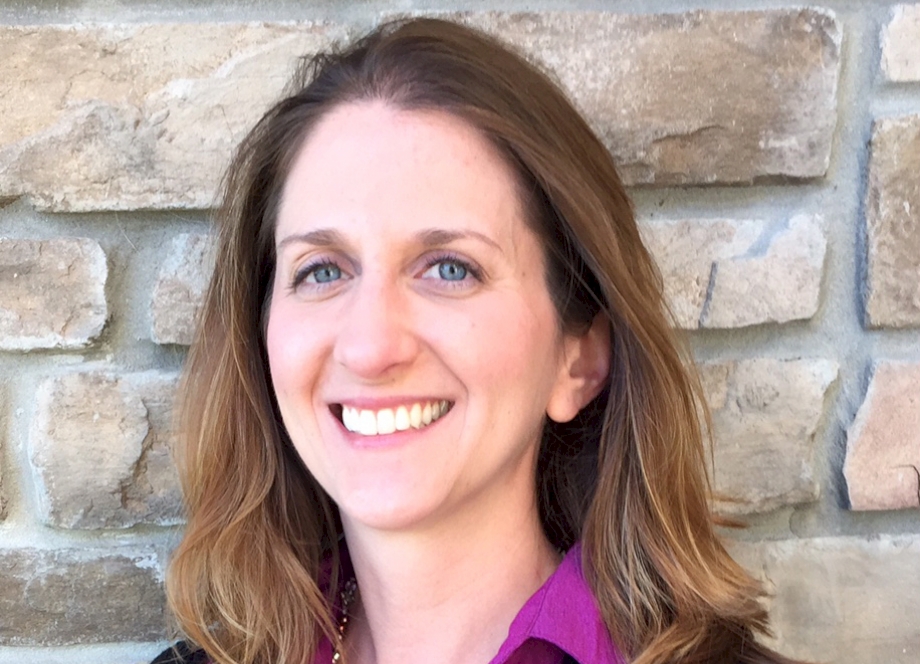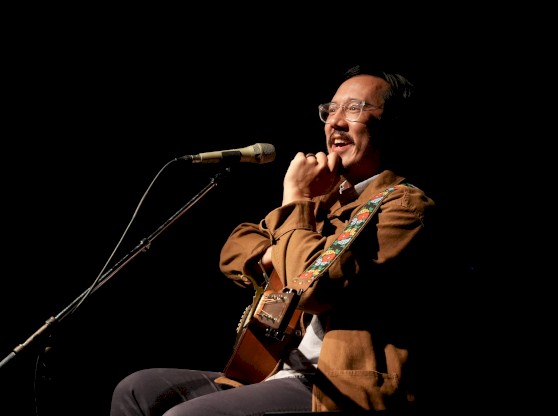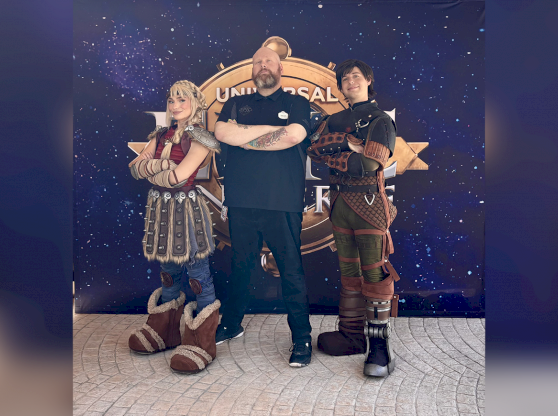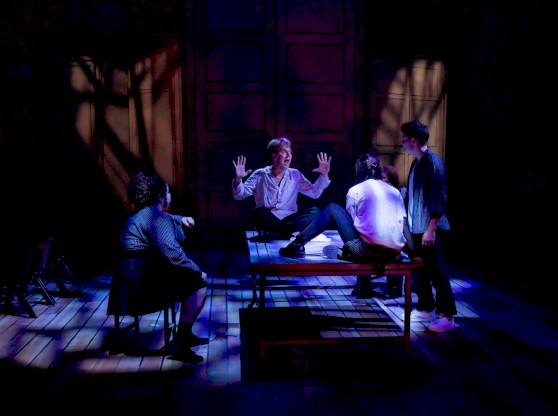When Jennifer Sabo was getting her master’s degree in Museology at the University of Florida she couldn’t imagine working anywhere other than in a museum. But as one museum job led to another, she discovered a passion for ensuring that the arts are accessible to people with disabilities.
Sabo became interested in this area while serving as the founding director of education at the Golisano Children’s Museum of Naples in Naples, Florida. Of the six founding moms, two of them have children with disabilities. Knowing these women and their children and working in a museum that was inclusive to children with disabilities changed Sabo’s life. Many of the lessons that Golisano Children’s Museum of Naples used for its outreach activities during construction of the museum were from VSA, an international nonprofit organization in 52 countries and 32 states that is geared toward making arts education and cultural organizations more accessible to people with disabilities.
After six years in the children’s museum world, Sabo went on to accept a position as the executive director at VSA Florida in September 2014. The mission of VSA Florida is to provide, support and champion arts education and cultural experiences for and by people with disabilities. VSA Florida offers a My Art My Way Artist in Residence Program in the areas of drama, music, movement and visual arts. Teaching artists are contracted to teach eight one-hour sessions in a school setting, providing hands-on activities that enable all participants to benefit from the arts experiences. VSA has approximately 200 residencies in nearly every county in Florida, a great reach for a small organization.
One of Sabo’s favorite aspects of her job is when she gets to observe residencies and see the impact of VSA Florida on the students. Recently, Sabo watched the final performances of the Hillsborough County residencies.
“One of the groups to perform was a high school group and the students were a bit nervous getting on stage,” Sabo said. “After they finished, one of the students jumped off the stage and yelled, ‘I did it!’ super loud. He was so proud that he had the courage to perform, and we were very proud of him!”
VSA Florida also has an arts education program for Department of Juvenile Justice facilities that enables teens going through difficult situations to communicate through art. The program has seen tremendous success. The teaching artists do 10 one-hour sessions at the site in visual or performing arts. Many of teens in this program have emotional and behavioral problems, and the program allows them to express themselves in a new, positive way, which contributes to their growth.
Besides the residency program, Sabo loves training adult art educators and cultural organization staff and watching their thought process change as their minds are opened up to methods of making the arts more accessible.
To learn more about VSA Florida’s art education programs and internship/volunteer opportunities, visit www.vsafl.org or email Sabo at jsabo@usf.edu.



